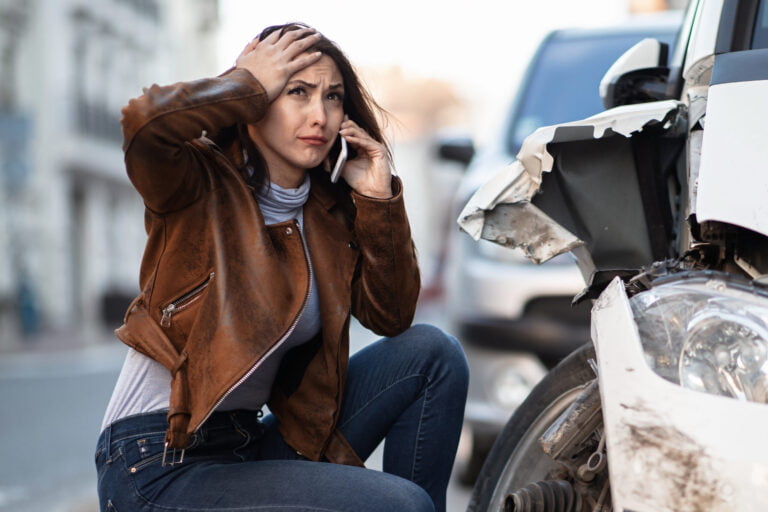The internet has changed the way most of us live our lives. It’s where we can pay bills, take remote classes, and stay connected with people. Though the benefits of the internet are innumerable, there are also things to be wary of, like hackers and viruses.
Keep reading for easy ways to protect your information and stay extra safe online.
Know to whom you’re talking.
Hackers and scammers seem to have unlimited ways to trick people into giving out personal information. To avoid being scammed, make sure you know who you’re talking to when online. If you find a family member on social media but aren’t sure it’s an authentic profile, send a text or call them to double-check that it’s legitimate.
If you meet someone new online or get a message from someone you don’t recognize, you can try to confirm their identity before talking to them further, too. One way to do this is to use the best free background check website you can find to search public records. A free background check is an easy way to see if anyone you meet has a criminal record, divorce record, or any other online court records. Public records are legal to search, and a free background check can give you a detailed report on any potentially dangerous people you meet.
Don’t give out sensitive information.
If someone, especially a stranger, asks you for your social security number or any other sensitive information, they’re probably trying to steal your info. Report any suspicious accounts or activity to whatever federal government agency you see fit to prevent those scams from taking advantage of others.
Also, be wary of entering sensitive information on website forms. Secure websites will have a padlock graphic where the website address is. If you’re unsure whether or not a site is safe for your personal information, look the company up through your preferred search engine to learn more about it.
Be careful with your clicking.
One of the most common ways to get malware on your computer is by clicking on viruses disguised as links. To keep your computer safe, don’t click on any unfamiliar hyperlinks in emails or on webpages in which you aren’t familiar. These links will immediately attack your computer and are often irreversible.
Create difficult passwords.
Think of complex passwords to use, so it will be harder for hackers to get into your accounts. Try to use unique words and number combinations for your passwords that others wouldn’t be able to figure out quickly. Don’t include easy to guess information like your name or birthday since they are often on social media.
To stay even safer, think of several unique passwords for all the different accounts you have, so it’s even more difficult for hackers to access them. Once you think of your passwords, write them down somewhere safe or store them on your computer through a secure password manager.
Don’t use free public Wi-Fi if you don’t have to.
While sometimes you may need to use free Wi-Fi when you’re out in public, try to avoid it when you can. Wi-Fi that isn’t password-protected is more accessible for hackers to get into and steal people’s sensitive information.
If you do need to use public internet, only use fully encrypted websites, which you can see if the URL starts with https. Avoid going on any site that has your financial or sensitive information on it. You can also use a “visual private network” or VPN to protect your devices and keep your data more secure.
Pay attention.
Any time you use the internet, make sure you’re aware of what you’re doing. Be wary of misspelled websites, strangers who ask for personal information, and unfamiliar links. To stay extra safe, you can set up a firewall on your network or invest in security software. Stay aware of the latest popular scams so you can avoid being hurt by them when you can.
Numerous risks come with using the internet, so make sure you’re always aware of what you’re doing and to whom you’re talking. Being on your guard is one of the most effective ways you stay safe while online.





